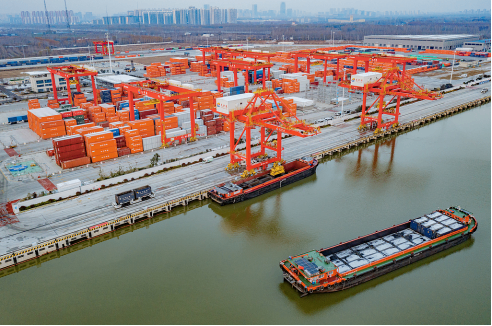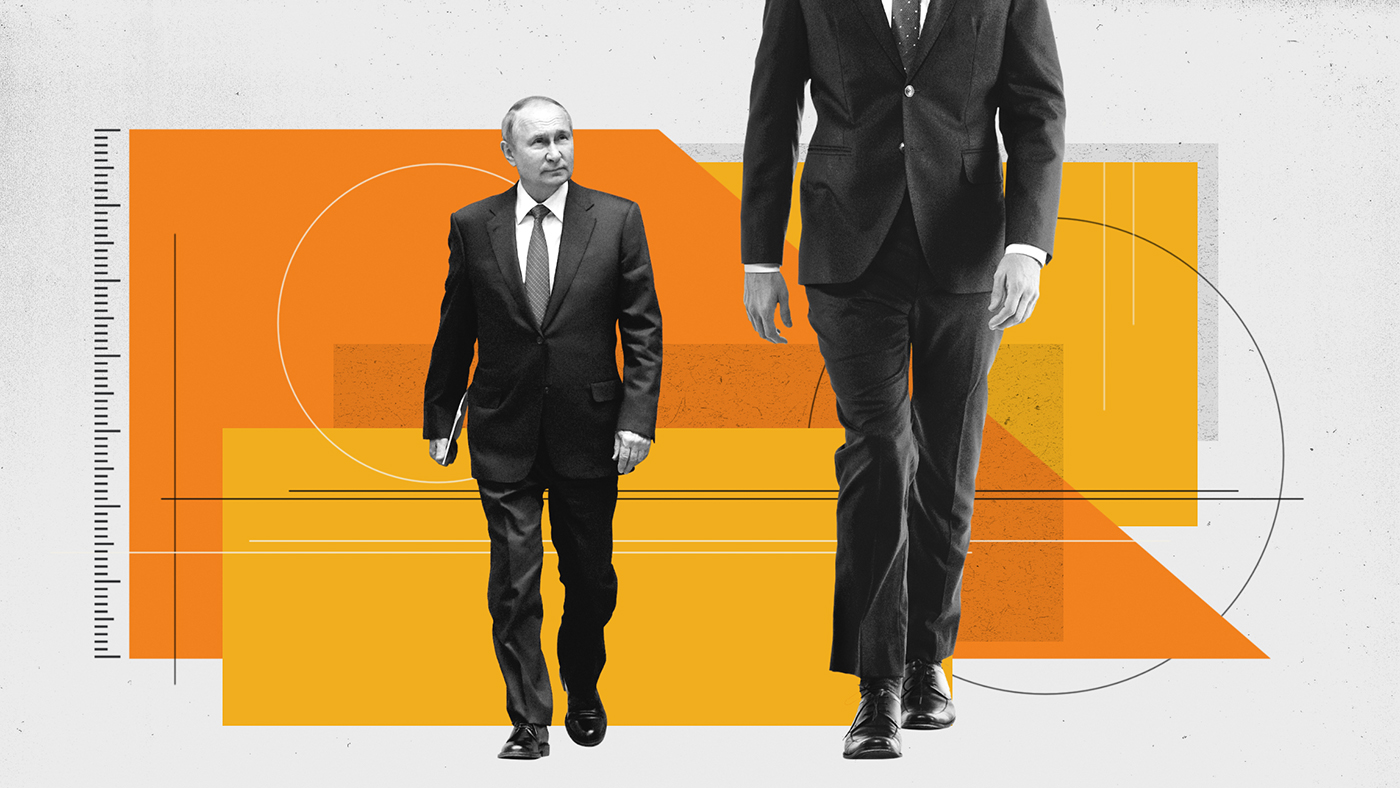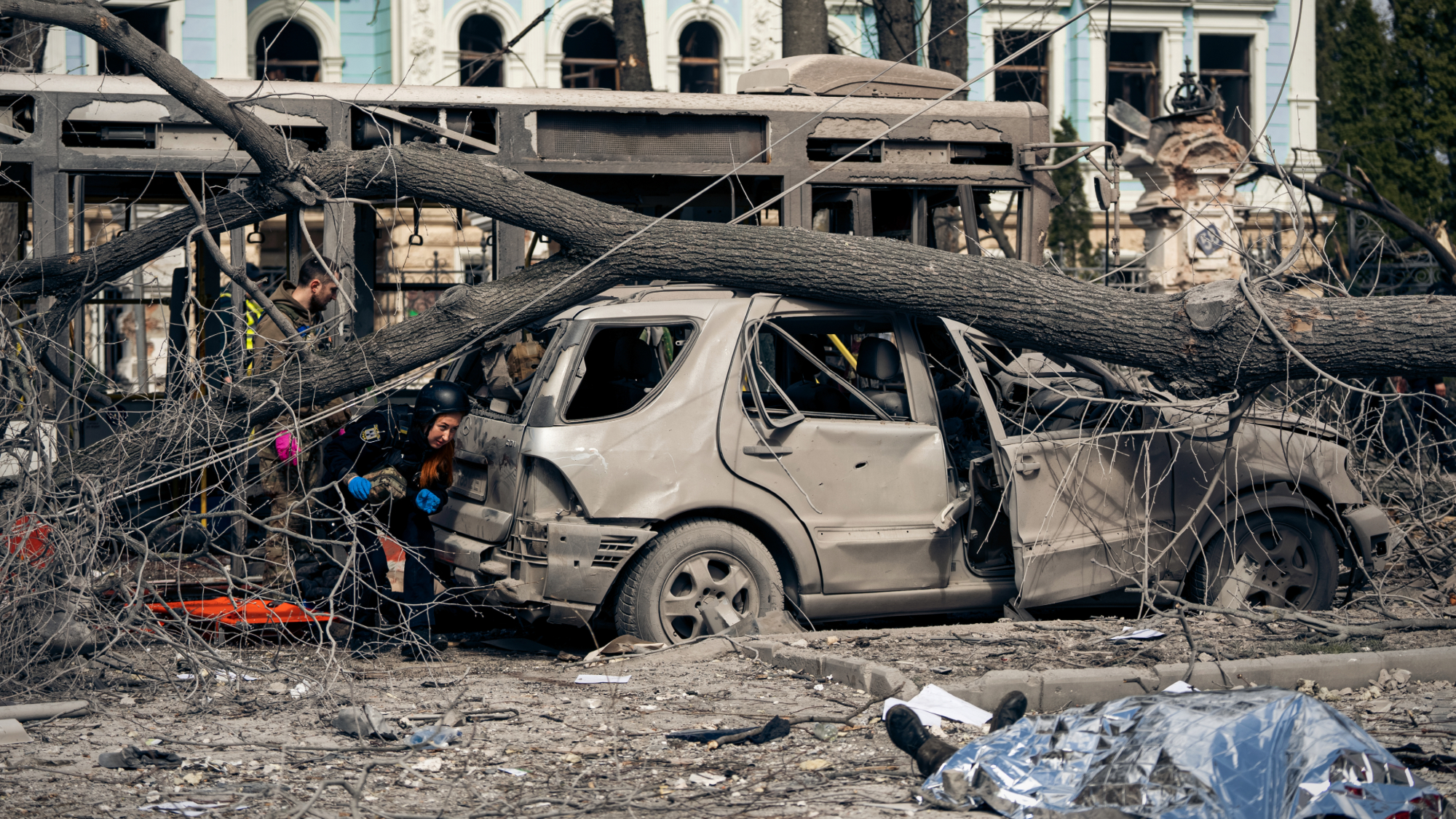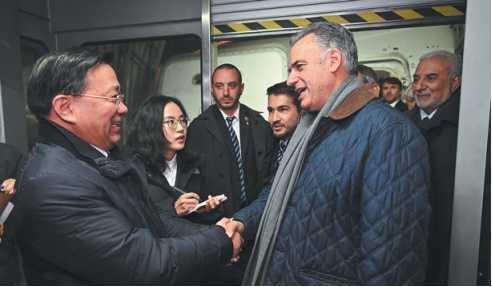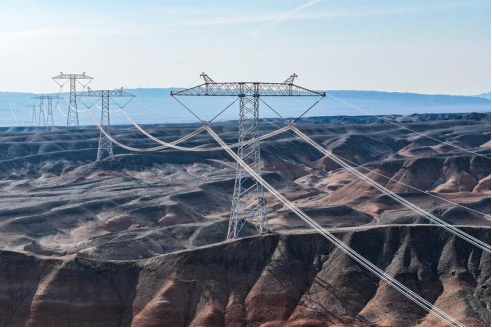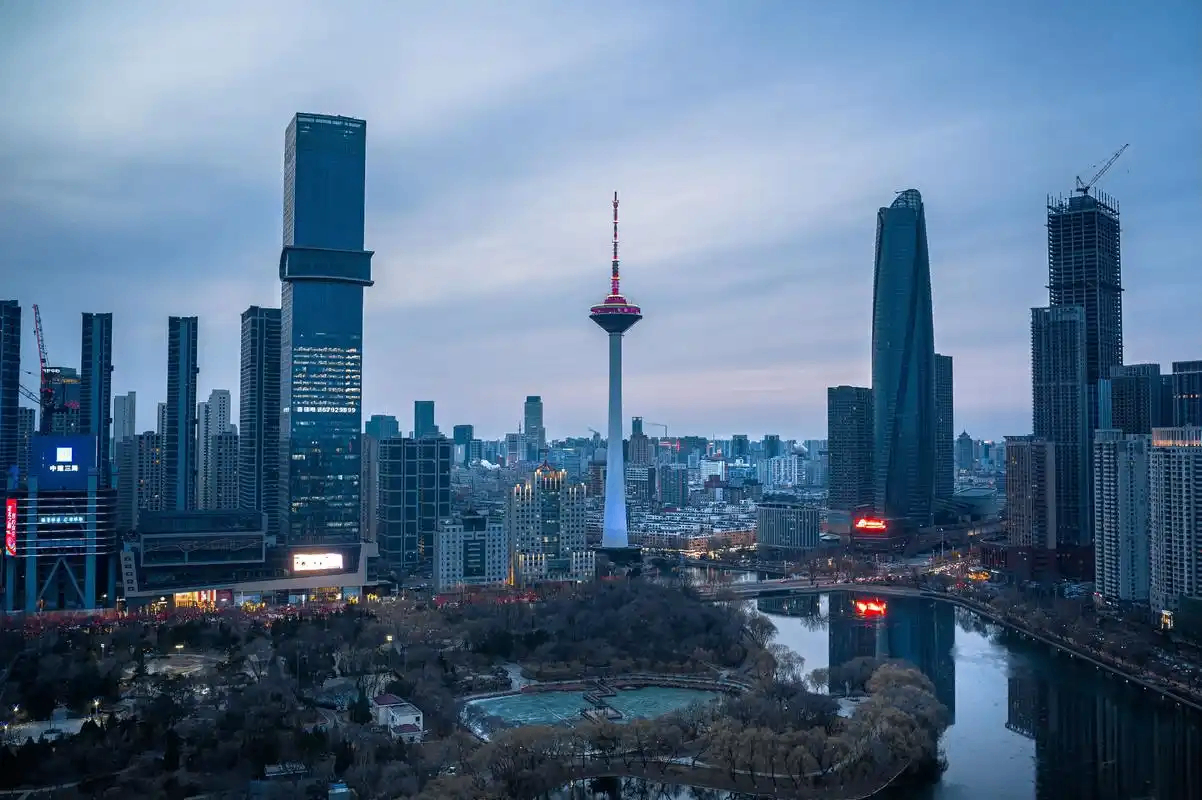With Russia's Supreme Court removing a ban on the Taliban on Thursday, President Vladimir Putin has flipped 20 years of the Islamic fundamentalist group's standing with his country. The move isn't entirely unexpected, as Putin has considered Afghanistan's ruling party friendly.
Putin was considering having the designation removed in 2024. But last week's move marks a ramping up of warmth between Russia and an organization feared by most democracies.
What did Russia's Supreme Court say?
The court's ruling to rescind a legal ban on the Taliban allows the group to be "removed from Russia's list of terrorist organizations," said DW. The court's decision, which came at the request of the prosecutor general, was "based on a decree Putin had issued a year ago" to remove the terrorism designation. Russian law still states that Taliban members must be arrested if they enter the country, but "no Taliban member has been detained on entering Russia since 2016," said DW. Russian media outlets had "continued to refer to the Taliban as a 'terrorist organization, banned in Russia'" but stopped doing so in 2024.Why did Russia remove the designation?
It's likely because Putin and the Russians view a partnership with the Taliban-run Afghanistan as strategic. Removing the terrorist designation "opens the way to establishing a full-fledged partnership with Kabul," said Russia's Foreign Ministry in a statement. Putin "aims to build mutually beneficial ties with Afghanistan in all areas, including the fight against drugs and terrorism." The Kremlin has claimed that it will abide by international law when it comes to dealing with the Taliban. The "decision to suspend the terrorist status of the Taliban movement does not change Russia's international obligations to adhere to the U.N. Security Council sanctions regime against individuals and legal entities associated with the Taliban," according to Russian state news agency TASS.What happens now?
Russia hasn't officially recognized the Taliban-run Afghanistan government, but this may "lay the legal groundwork for expanded cooperation, investment and potentially future recognition," said Radio Free Europe. Putin is "eager to strengthen its influence in Central Asia amid growing competition with the West and China's expanding footprint," and Afghanistan is a "critical piece of the regional chessboard." "Ties between Moscow and Afghanistan have grown following the U.S.' 2021 exit from the country," said Bloomberg, and Taliban delegations have previously met with Russian officials. Russia is also "one of the few countries to keep its diplomatic mission in Kabul open." Russian diplomats have recently worked with Taliban officials on matters of security, economics and mining projects. The shift in relations is a big change for Russia and Afghanistan. The two countries have long had a "gradual rapprochement" following a "turbulent history dating back to the Afghan Civil War of the 1990s," said Al Jazeera. But with the parties aligned, further conflict could break out, as "shared security interests — including the fight against ISIS' regional affiliate, ISKP — have drawn Russia and the Taliban closer." The court decision is a "diplomatic victory for the Taliban," said The Associated Press. The group has also been working to spread its influence, as its delegates have "attended various forums hosted by Russia as Moscow has sought to position itself as a regional power broker."Popular News




Current News
Manufacturing

Collaboratively administrate empowered markets via plug-and-play networks. Dynamically procrastinate B2C users after installed base benefits. Dramatically visualize customer directed convergence without
Collaboratively administrate empowered markets via plug-and-play networks. Dynamically procrastinate B2C users after installed base benefits. Dramatically visualize customer directed convergence without revolutionary ROI.





About Us
Tech Photos





